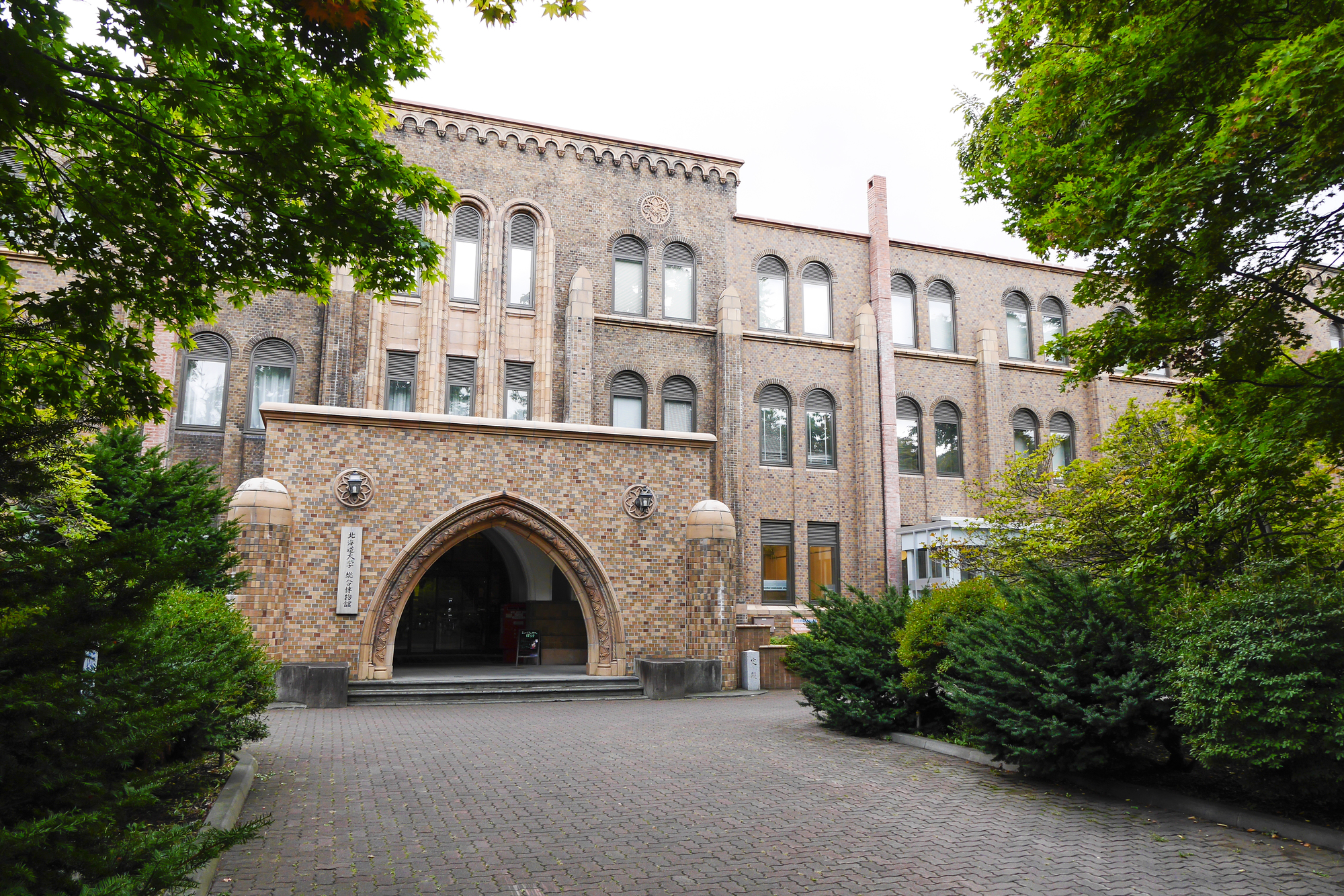Assistant Professor Makoto Kobayashi of the Northern Biosphere Field Science Center of Hokkaido University, in collaboration with the Russian Academy of Sciences, promotes the decomposition of plant roots left in the soil even after the fire by the charcoal produced at the time of the wildfire. I discovered a new mechanism.
In the Russian Far East, wildfires occur frequently due to human factors, and a large amount of carbon generated when wildfires occur is accumulated in the soil as organic matter.Therefore, in order to predict future carbon dioxide (CO2) concentrations in the atmosphere, it is necessary to understand the effects of wildfires on CO2 emissions from forests.
This time, the research group buried the roots (fine roots) of plants left in the soil after the fire in the forest soil together with various amounts of charcoal produced by the forest fire, and followed the decrease in the weight of the fine roots for two years. bottom.As a result, the decomposition of fine roots in the places buried with charcoal was significantly promoted compared to the places without (or less) charcoal.Thus, it was shown that in the site of a wildfire where a large amount of charcoal is present, charcoal promotes the decomposition of roots by microorganisms and increases the amount of CO2 released from the soil.
This study has discovered a new mechanism by which wildfires release CO2 from forests.This is expected to be useful for predicting how the CO2 concentration in the atmosphere will change when the frequency of wildfires changes due to climate change and other factors.
Paper information:[Soil Biology & Biochemistry] Fire-derived charcoal might promote fine root decomposition in boreal forests

